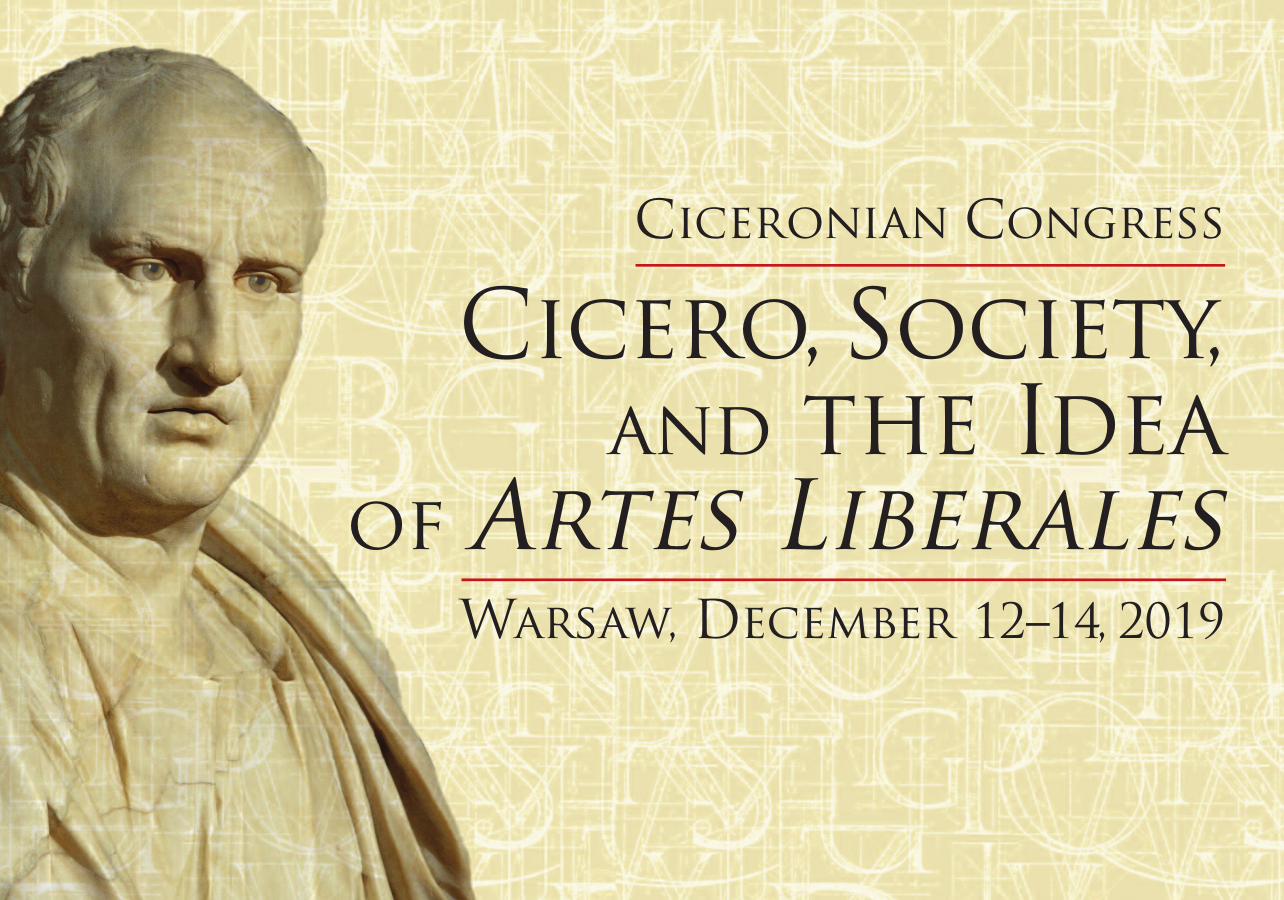Difference Is Not Indifference: Cicero and Modern Japan
DOI:
https://doi.org/10.13135/2532-5353/5501Abstract
As Warsaw celebrated the 30th anniversary of its liberation from the totalitarian regime by reinvoking the Ciceronian tradition of republican ideal government, Japan found itself in a celebratory mood for the succession of imperial dynasty. Emperor Hirohito (d.1989)’s son was to be replaced by his grandson and thus Japan’s modern invention of an old tradition was to be consolidated. If European modernity has its origins in Renaissance and Reformation (i.e., critical renovation of the past both Classical and Christian) against the backdrop of the benighted Middle Ages, Japan’s modernity, ultimately a result of the emergency measure it took against the great wave of colonization by the west, cannot but be a composite of disparate ingredients. Whereas quick Westernization was prerequisite, equally indispensable was the spiritual consolidation of national identity. And herein comes the idea of renovating the ancient emperorship in a modern mold of absolute monarchy by singling out Shintoism for a kind of national religion: under such circumstances, the doom of Cicero’s reception needs no explanation. But this does not entirely exclude the possibility that an intellectual perspective characteristic of Japanese modernity can contribute to a better understanding of Cicero: where Cicero has been alienated, as indeed he still is, in the main stream of philosophy, the so-called European tradition of metaphysics, Japanese modernity with its inveterate polytheistic background of non-metaphysics has a chance to intervene for hermeneutic negotiations.
Downloads
Downloads
Published
How to Cite
Issue
Section
License
Authors who publish with this journal agree to the following terms:
- Authors retain copyright and grant the journal right of first publication with the work simultaneously licensed under a Creative Commons Attribution License that allows others to share the work with an acknowledgement of the work's authorship and initial publication in this journal.
- Authors are able to enter into separate, additional contractual arrangements for the non-exclusive distribution of the journal's published version of the work (e.g., post it to an institutional repository or publish it in a book), with an acknowledgement of its initial publication in this journal.


 Ciceroniana On Line is recognised by ANVUR (the National Agency for the Evaluation of the University System and Research) as a CLASS A journal for the Sciences of Antiquity, Philology, Literature and History of Art (
Ciceroniana On Line is recognised by ANVUR (the National Agency for the Evaluation of the University System and Research) as a CLASS A journal for the Sciences of Antiquity, Philology, Literature and History of Art ( The journal is included in DOAJ. The DOAJ listing of the journals is available at
The journal is included in DOAJ. The DOAJ listing of the journals is available at  The journal is indexed in
The journal is indexed in  The journal has been included in ERIH PLUS. The ERIH PLUS listing of the journals is available at
The journal has been included in ERIH PLUS. The ERIH PLUS listing of the journals is available at 

